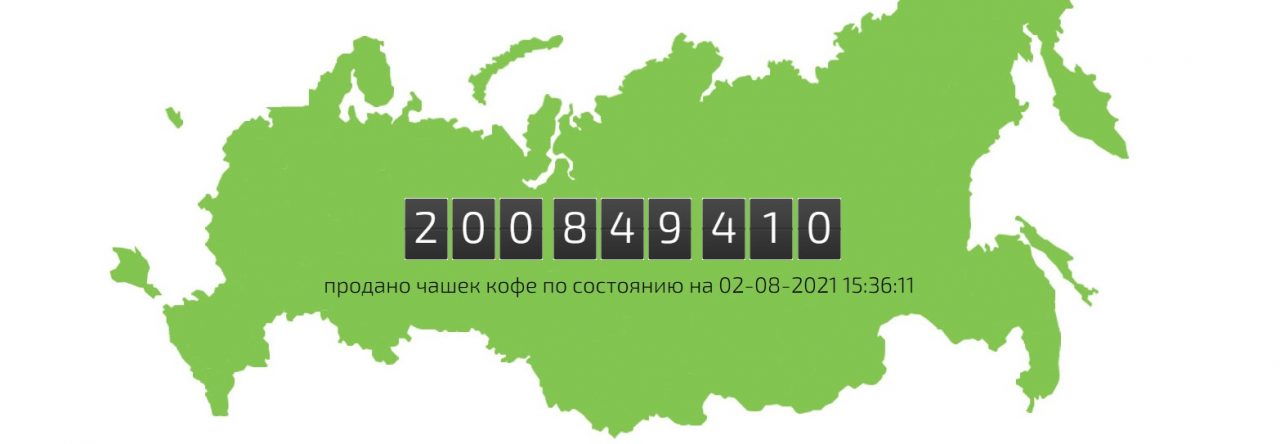«Life After Oil» is one of the most quoted events held during the St. Petersburg International Economic Forum. “For our country the oil is everything, it is 25% of GDP. So to imagine the structure of our economy without the oil which has not only a direct impact, but also an indirect contribution to GDP by attracting investment through consumption, is probably impossible”,- quote from a speech by Herman Gref.
Accepting this new reality is difficult not only to Russia. In Canada they also believe that country’s status as an energy superpower is under threat because of the more rapid speed of decline of the era of fossil fuels on the market than it was thought previously.
We’ve told you already about the history of the financial relationship of David Rockefeller and company Exxon Mobile.
David Rockefeller-Sr., the grandson of the founder of the dynasty, said he had lost faith in Exxon Mobil and donated its shares, which he’d got directly from his great-grandfather, to a non-profit Rockefeller Family Fund, which deals with environmental issues.
For non-fuel gas station businesses this trend has some good news in it. The modern driver’s need for a cup of coffee and some rest occurs more frequently than his car runs out of gasoline. This can easily be confirmed by the figures. Shell in 2015 had an operating loss from the core operations in the tune of $5.7 billion, but profits from “auxiliary” businesses, including retail, have grown over the past year three-fold to some $10.2 billion. Source >>
Therefore i consider an interview of Istvan Kapitani, executive vice president and Head of Retail businesses in Royal Dutch Shell, to be an essential one.
Istvan Kapitani joined the company in 1987 as a manager of filling station in Hungary, namely at his homeland. Today he leads the direction, which includes more sales outlets than Starbucks or McDonald’s. 43 000 gas stations, 500 000 employees and 25 million customers in 70 countries every day.
The future of fuel retail
Many of the current problems of fuel retailers today can be reduced to one thorny challenge – how exactly gas stations should be transformed in the light of the needs of the world with constantly falling oil prices, growing environmental requirements and the upcoming emergence of unmanned vehicles.
